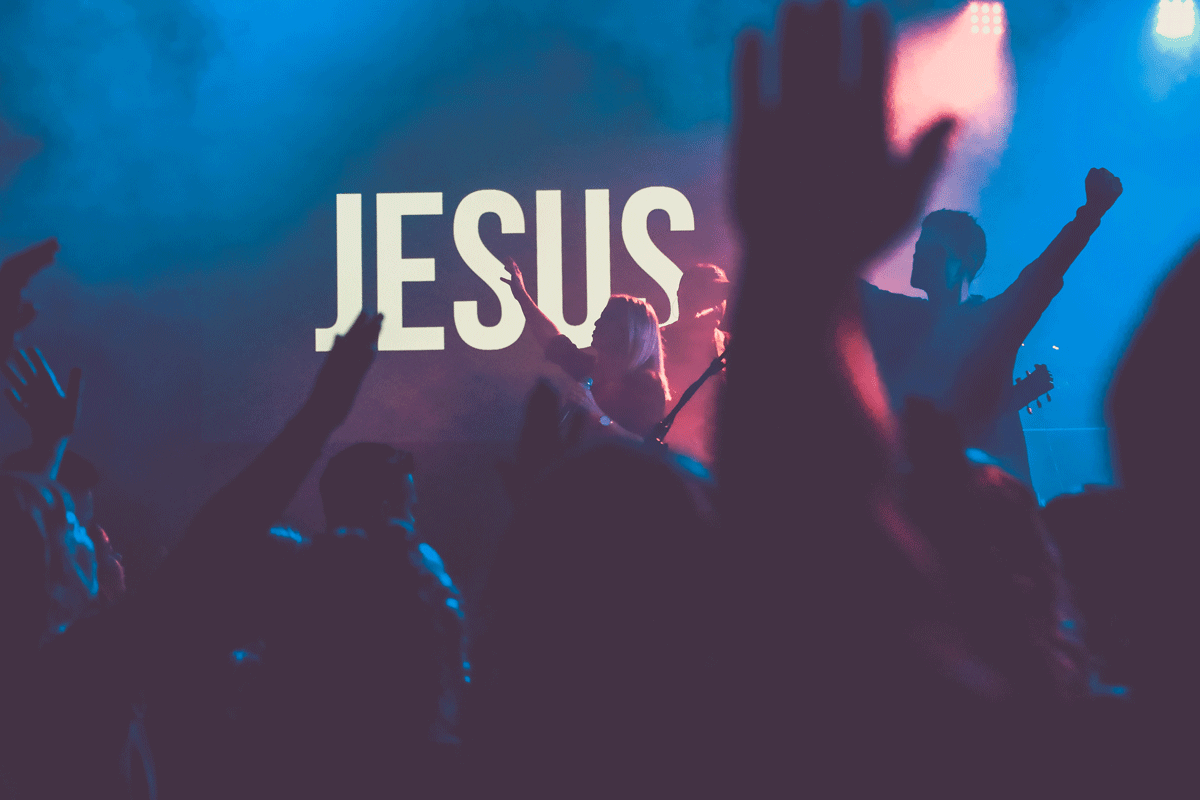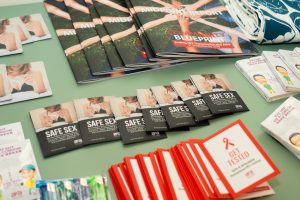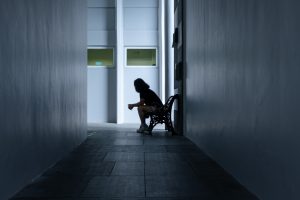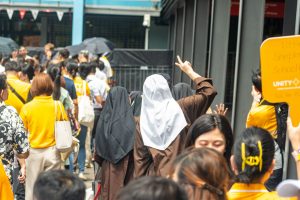It was the 2nd of July 2017, a Sunday.
I was in my room getting dressed for church when I heard my father call to me from the living room.
“Don’t forget, you must wear white today!”
In the weeks leading up to that Sunday, the pastors at my church had been faithful in their reminders to us to come dressed in all-white. The attire was part of a nationwide Christian campaign meant to promote traditional family values and set to coincide with the annual Pink Dot rally.
Led by pastor Lawrence Khong, the act of wearing white would reinforce the church’s stance on heterosexual marriage and the ‘natural family’.
“Oh,” I replied, staring at the dusty pink dress I had absentmindedly picked out seconds prior.
But as I moved to return the dress to its original place in my wardrobe, I found myself pausing.
Outwardly, I looked just like any other girl having difficulties deciding what to wear. Inwardly, a war was raging. For 23 years, I had held specific beliefs in Christianity and its teachings. And today, they were (once again) colliding with my moral compass and social beliefs.
Was I going to wear white and publicly denounce LGBT people, or not wear white and show up to church in clear defiance of its orders?
I had a problem, one my friends call: The Conservative-Liberal Christian Dilemma.
I held an unwavering belief that homosexuality was wrong.
Allow me to explain.
For starters, I believe in God. I’ve also attended church every Sunday since I was little and I don’t intend on stopping anytime soon. I take notes during sermons, tithe a portion of my monthly salary, kneel, sing praises, and pray.
Recently, I’ve started attending cell group service on Fridays too.
I have a bible in the drawer of my desk at home which I’ve read cover to cover twice. On my phone, I have the Bible app installed.
I know the 10 commandments, I don’t use profanities, and I evangelise, much to the chagrin and amusement of my friends.
But I can be pretty liberal too.
For instance, I often skip Friday cell group to go for dance classes instead. I’d date and have dated non-Christians. And as mentioned above, I don’t have anything against LGBT people.
And it’s this that I and many other Christian millennials struggle with the most.
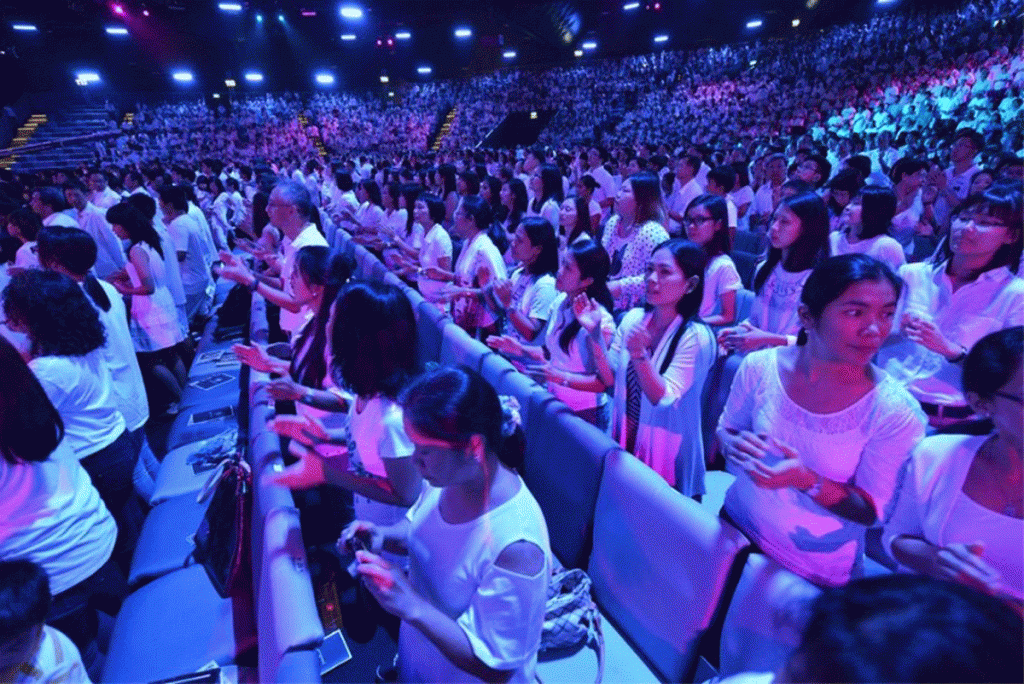
From the age of 10 till I was about 14, I held an unwavering belief that homosexuality was wrong. After all, Christians have always been taught that same-sex acts, and those who commit them, are going against God and Biblical teachings.
Having attended an all-girls secondary school, I would often hear of girls from other classes crushing on one another, or getting into relationships with each other. It shocked me and I disapproved. Thankfully, I was also socially aware enough to keep my thoughts to myself.
However, when a close friend one day confided in me that she had developed a liking for another girl, that’s when things started to change.
My once crystal-clear views on homosexuality were muddied—as it turns out, it is far harder to condemn someone you like and respect to hell, than it is an abstract member of an abstract group.
As my knowledge of and friendships with LGBT people continued to grow over the years, so did the tensions between what I as a Christian should do (reduce contact and pray for them) and what I as a person believed (they should be free to do as they wish).
To them, I was their friend first and foremost and someone they could trust.
The same war raged within me, when in 2014, the National Library Board courted controversy by pulping ‘Who’s In My Family’, a book which highlighted different family structures and same-sex parents.
Two other books, ‘And Tango Makes Three’ (a story of a pair of male penguins who raise a chick) and ‘The White Swan Express’ (featuring adoptive parents, including a lesbian couple) were also reallocated from the children’s section into the adults section of the library.
As a human being and book-lover, I protested the method by which Singapore had chosen to censor alternative, non-traditional family structures. But as a Christian, I understood how this move was considered a ‘win’ for the church.
Amidst my internal struggles, I witnessed a tsunami wave of criticism against the government’s decision, accompanied by support for alternative family structures and homosexual relationships. In contrast, support for the government’s decision was hardly as vocal.
From this, it was clear what society at large seemed to support and wanted to see, and I felt immense pressure to share these beliefs.
Could I deliver? I didn’t know. I didn’t ride the wave, nor did I pushback against it. I kept to myself and I stayed silent.

That same year, several of my close male friends decided to come out to me.
It didn’t matter that they knew I was a Christian and that my religion firmly denounced homosexuals. To them, I was first and foremost their friend, and someone they could trust.
This time, I decided to let my ‘human’ side do the talking. I thanked them for telling me and asked them to share their stories. I tried my best not to judge, so long as they were happy.
Since then, I’ve never told them that their “lifestyles” are, by Christian definition, ‘wrong’ and that they could go to hell for it. But I’ll be lying if I said it hasn’t crossed my mind from time to time.
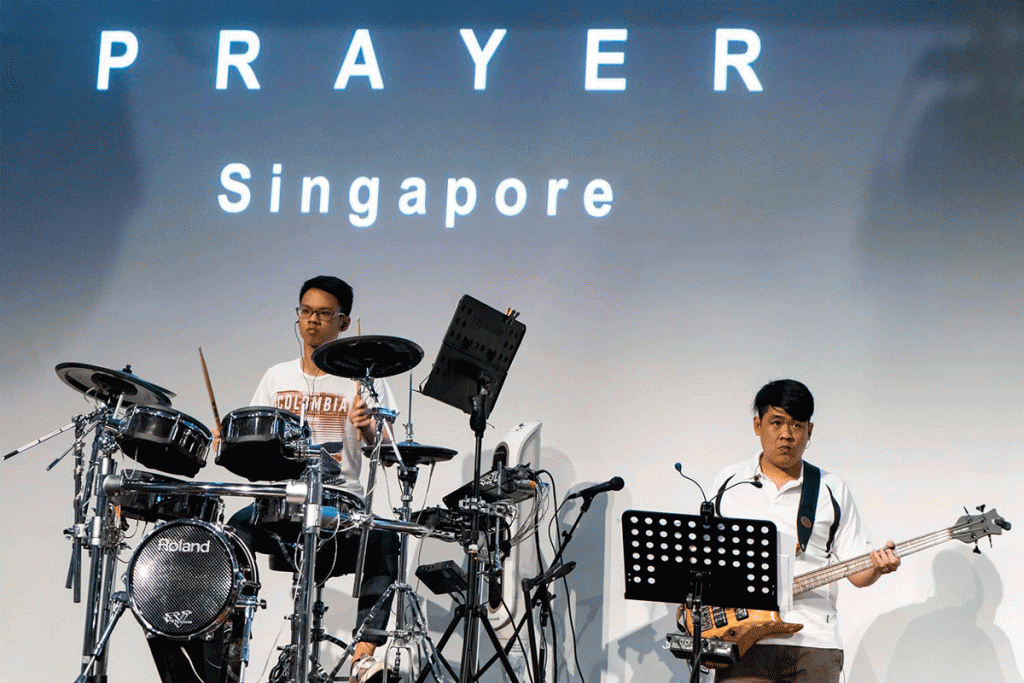
John Shore from Patheos, a website dedicated to different faith communities, wrote, “It’s natural to assume that theology is static, permanent, unchanging. It’s anything but, though. What is true is that theology follows sociology.”
For the most part, the Bible’s word remains the same. But the world in which it is applied in, and the people who then read and interpret it, aren’t.
In truth, 24 year old Rachel isn’t all that different from the 14 year old version who was just learning to navigate the lines between what religion demands, what society tells me I should be, and the person I’m trying to be.
Where I once saw the world in black and white, I now see nothing but grey.
Maybe that’s why, on the 2nd of July last year, 2017, a Sunday, I stood out in a grey dress amidst a sea of white.
My parents didn’t approve, but it was my decision. And between who I was told I should be and what made sense to me, I felt like I had found my place.
